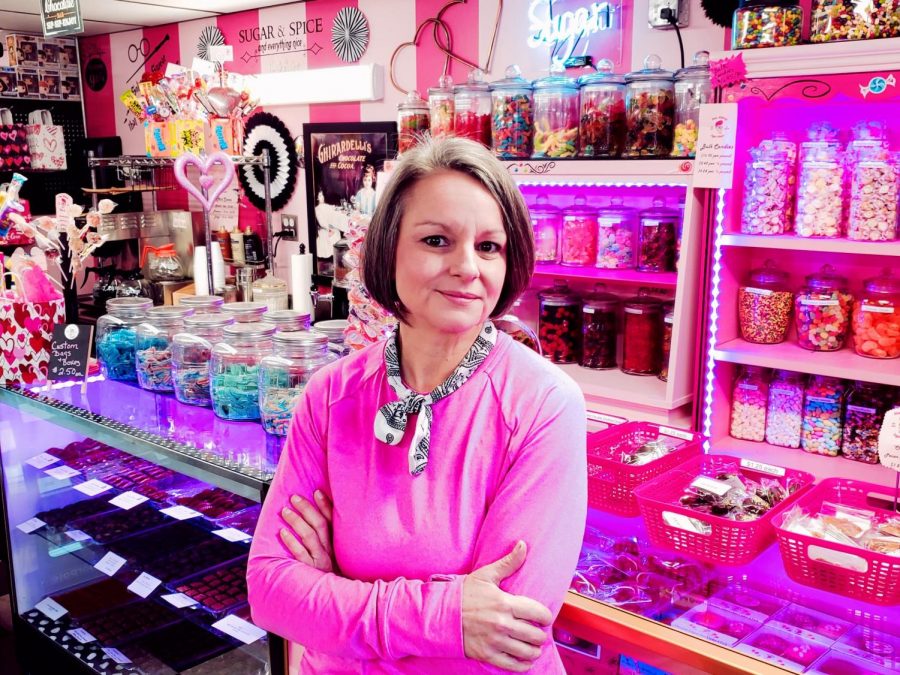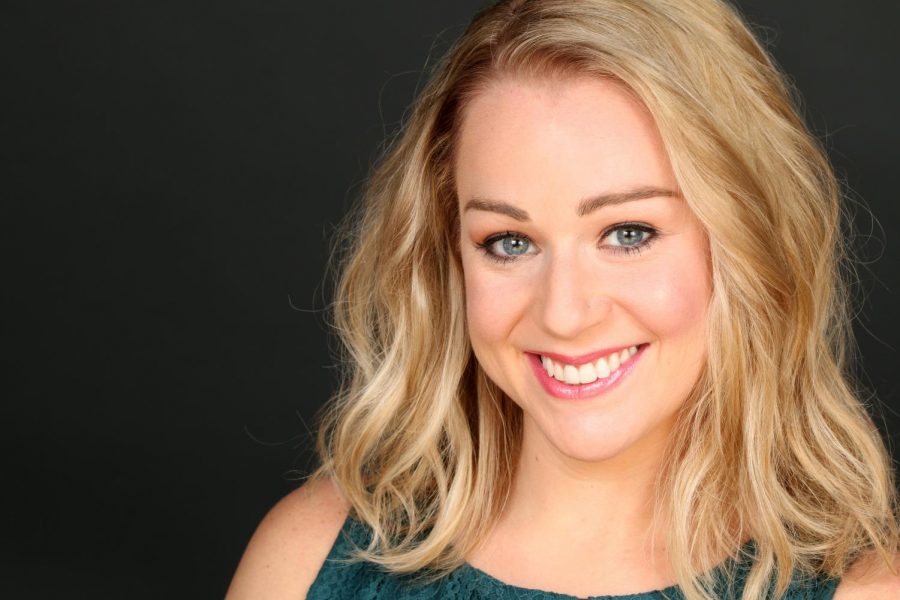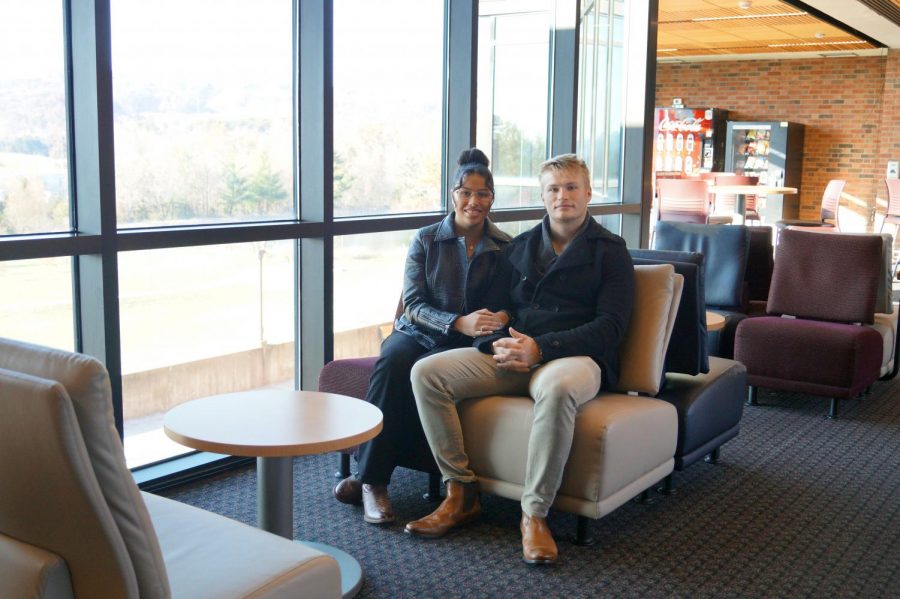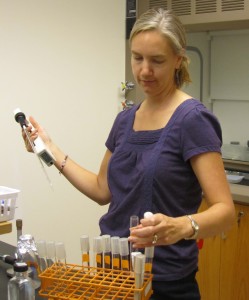
Bacteria is everywhere — on handrails, backpacks, vending machines and in water. This is what Pamela Connerly, assistant professor of biology, taught children at a camp this past summer.
Summer Enrichment at Community Montessori School, a day camp for children in New Albany, devoted one week to ecology and Connerly taught children about bacteria and bacteriophages.
Connerly and two of her research students —Timothy Kremer and Whitney Malloy, biology seniors — taught at the camp for two days about the bacteria surrounding them.
They taught two sessions. One group of children was 3 to 6 years old and the other 6 to 9 years old.
“Kids get really excited about science at that age,” Connerly said. “They want to know what’s going on around them.”
The group of 3 to 6 year olds were given a Q-tip and told to dip it in or rub against something to gather the bacteria.
Many of the children dipped the Q-tip in the stream behind the school or rubbed against an item outside.
Connerly said they seemed to really enjoy that part of the experiment because they got to go outside.
Connerly and her research students helped the children put their samples onto plates and seal them to bring back to their lab at IU Southeast.
The samples were put in the incubator so the bacteria could grow overnight.
After the samples were gathered, Connerly focused on the importance of hand washing to avoid harmful bacteria that could affect them.
“I like to emphasize to people, especially children, there is a lot more going on around them than they know,” Connerly said.
Connerly conducts the same experiment with her Introduction to Biology class.
However, this is her first time doing the experiment with small children, and she had to take a more hands-on approach.
The group of 6 to 9 year olds did an experiment about phages. A phage is a virus that affects bacteria.
The children each gathered a sample of soil to look for bacteriophages.
Connerly and her assistants taught the children how to filter the soil and look for bacteriophages.
The theme Connerly focused on with the group was that bacteria is everywhere, even inside the ground.
“We had to explain the experiment on a very basic level in a way they could understand,” Kremer said.
Kremer said this experience has helped him prepare for graduate school when he finishes his degree at IU Southeast in December.
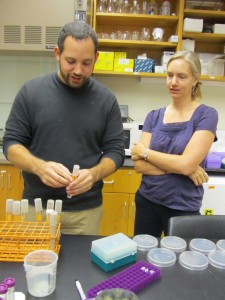
“It is important to get an interest in science when you are young,” Kremer said. “I think the sciences are the best. I would have been interested in this when I was young. I would like to thank Dr. Connerly for the opportunity. She enjoys working with youth and it’s a good thing to get young people motivated about science.”
Connerly said the reason she chose biology in college and graduate school was because of her curiosity.
“I am really interested in how everything around us works and about how living things work— the smaller details of life,” Connerly said.
When Connerly is not teaching at summer camps or in the classroom, she is in the lab researching a new phage that she discovered.
The phage was found roughly seven years ago and is named ‘Incognito.’
“We have studied it for so long because it would disappear and then we couldn’t grow it,” Connerly said. “So it’s named after its difficulty to work with.”
A reason this phage is so different to work with is because of its unique shape.
If given the opportunity, Connerly said she would teach children at summer camps again and at Community Montessori because her children also attend the school.
Connerly received her degree at the University of Chicago and taught for two years at IU East. She has worked at IU Southeast for five years.
By CLARE BOWYER
Staff
clbowyer@umail.iu.edu


